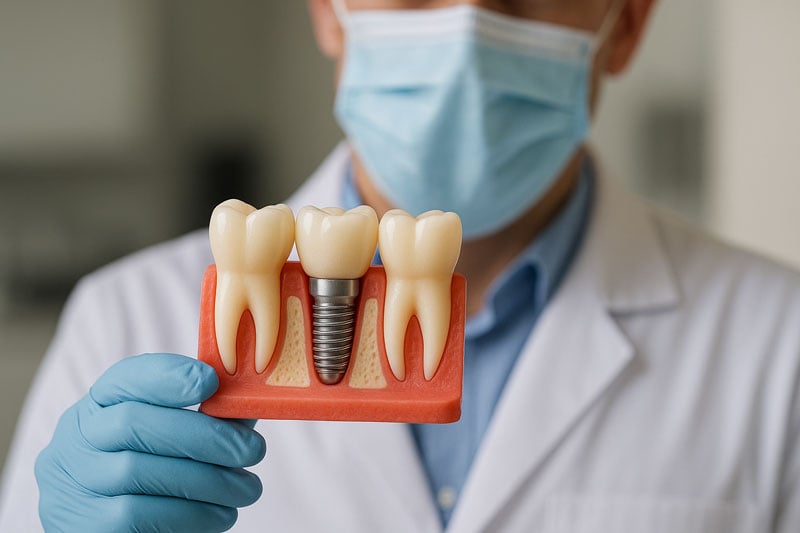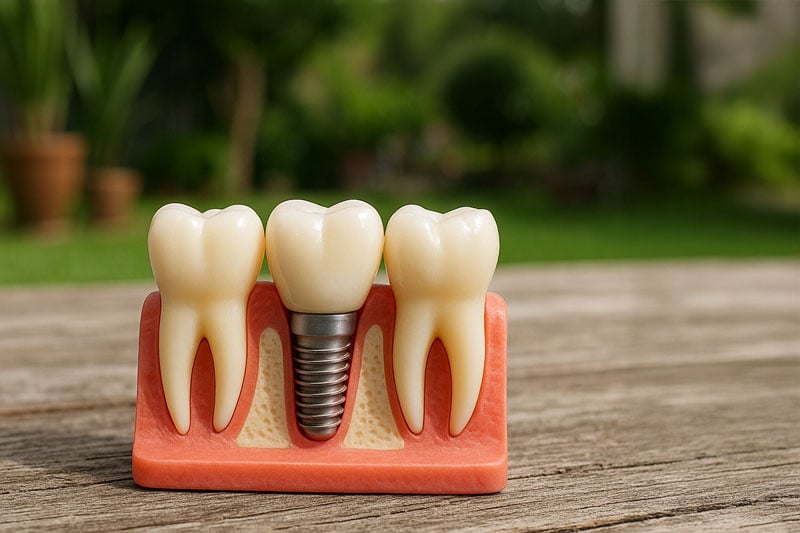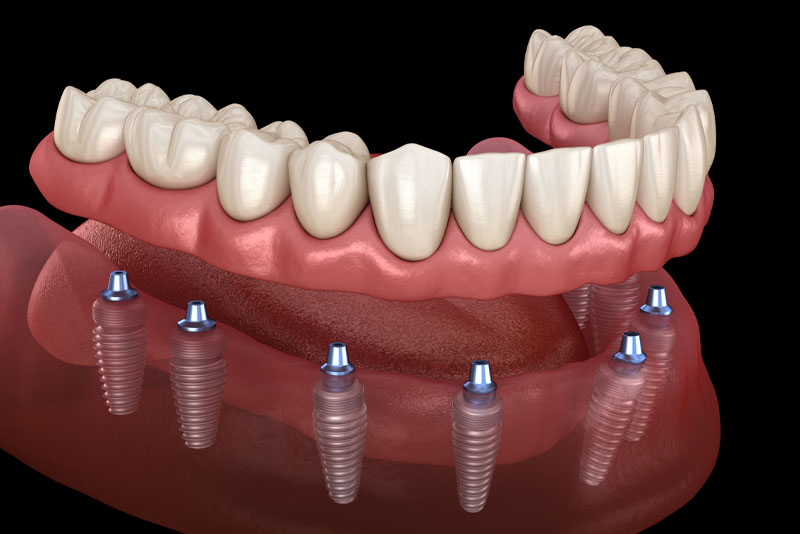Dental Blog - Las Vegas & Henderson, NV
Dental Blog

Why Exercise Is Off Limits Immediately After Oral Surgery

Oral surgery might feel overwhelming, but it’s an important step toward a healthier smile and improved oral health. While you’re eager to return to your normal routine, understanding why exercise after oral surgery isn’t advisable is crucial for a smooth recovery. This blog post for Nevada Oral & Facial Surgery in Henderson and Las Vegas will discuss the reasons behind this restriction and provide guidance on how to ensure a successful healing process.
The Impact of Exercise on Healing
Exercise is generally beneficial for maintaining overall health, but post-surgery, it can hinder your recovery. Exercising after oral surgery can raise your heart rate and blood pressure, leading to complications. These physiological changes can disrupt the healing process and prolong your recovery.
After oral surgery, your body needs time to heal. Engaging in vigorous activity too soon can put unnecessary stress on the surgical site. This stress can cause swelling or bleeding, possibly requiring additional medical intervention.
Understanding that your body requires rest to heal is essential. Prioritizing rest over physical exertion helps minimize the risk of complications and ensures a smoother recovery. By allowing your body to focus on healing, you’ll be able to return to your regular activities more quickly.
Why Rest Is Crucial
Resting after oral surgery is vital to your recovery process. It allows your body to allocate its resources to healing rather than physical exertion. Giving yourself adequate time to rest helps minimize the risk of infection and promotes tissue repair.
When you rest, your body can concentrate on repairing the tissues affected by the surgery. This focused effort speeds up the healing process and reduces the risk of complications, such as infection or delayed healing. Ensuring you get enough sleep and rest during the day is essential for a successful recovery.
Incorporating rest into your post-surgery routine allows your body to heal efficiently. By prioritizing rest, you give your body the best chance to recover quickly and return to normal activities.
Potential Risks of Exercising Too Soon
Exercising too soon after oral surgery can result in various complications. One of the most common concerns is the risk of increased bleeding. Physical activity can raise your blood pressure, leading to bleeding at the surgical site.
Another risk of exercising prematurely is the potential for increased swelling. Swelling is a natural part of the healing process, but it can be exacerbated by physical activity. This can cause discomfort and prolong your recovery period.
Additionally, exercising too soon can disrupt the formation of blood clots at the surgical site. These clots prevent excessive bleeding and promote healing. Disrupting them can lead to complications, such as dry socket, which can be painful and delay your recovery.
How Long to Wait Before Exercising
Understanding how long after oral surgery you can exercise is crucial for a successful recovery. While the exact timeframe may vary depending on the type of surgery and individual factors, it’s generally recommended to wait at least a week before engaging in any physical activity.
Your oral surgeon will provide specific guidance based on your situation. It’s essential to follow their recommendations to ensure a smooth recovery. They may suggest resuming light activities, such as walking, before gradually returning to more intense exercises.
Listening to your body and monitoring your healing progress is vital. If you experience any discomfort or complications, consult our oral surgeon before resuming exercise. Adhering to their advice will help you recover safely and effectively.
Tips for a Successful Recovery
To ensure a successful recovery after oral surgery, it’s essential to follow your oral surgeon’s instructions. These may include guidelines on rest, diet, and oral hygiene. Adhering to these recommendations will help you avoid complications and promote healing.
In addition to following your surgeon’s advice, ensure you maintain proper oral hygiene during your recovery. This may involve gentle rinsing with a prescribed mouthwash or saltwater solution. Keeping the surgical site clean reduces the risk of infection and promotes healing.
Lastly, stay hydrated and maintain a balanced diet during your recovery. Proper nutrition supports the healing process and provides your body with the necessary resources to recover effectively. Consuming soft foods and staying hydrated can help minimize discomfort and promote healing.
Contact Us Today
Understanding why exercise is off-limits after oral surgery is crucial for a successful recovery. By prioritizing rest and following your oral surgeon’s recommendations, you can minimize the risk of complications and ensure a smooth healing process.
If you have any questions or concerns about your recovery, don’t hesitate to contact Nevada Oral & Facial Surgery in Henderson and Las Vegas. Our team is dedicated to providing you with the best care possible and supporting you throughout your recovery.




